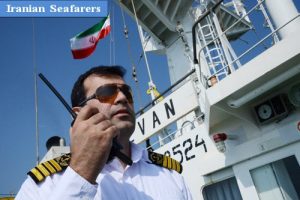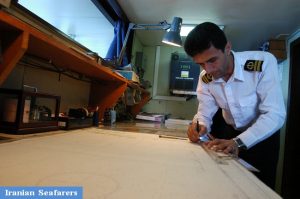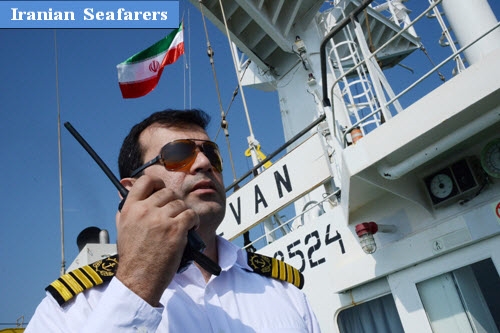
Navigational officers onboard commercial ships are responsible for ensuring the safe navigation and operation of the vessel. They work in the ship’s bridge or control room and are responsible for monitoring and controlling the ship’s movement, maintaining navigation equipment, and communicating with other crew members and port authorities.
Here are some of the main duties and responsibilities of navigational officers onboard commercial ships:
- Navigation: Navigational officers are responsible for the safe navigation of the vessel, including plotting the ship’s course, monitoring its speed and direction, and ensuring compliance with relevant regulations and procedures.
- Equipment maintenance: Navigational officers are responsible for maintaining and calibrating the ship’s navigation equipment, including radar, GPS, and other communication and safety systems.
- Communication: Navigational officers are responsible for communicating with other crew members, port authorities, and other ships in the area to ensure safe and efficient navigation.
- Watchkeeping: Navigational officers are responsible for maintaining a lookout and keeping watch on the bridge or control room to ensure the safety of the ship.
- Emergency response: Navigational officers are trained to respond to emergencies, including fire, flooding, and collisions, and are responsible for taking appropriate action to ensure the safety of the ship and its crew.
- Record-keeping: Navigational officers are responsible for maintaining accurate records of the ship’s navigation, including position reports, logbooks, and other documentation required by regulations and company policies.
- Crew management: Navigational officers may also be responsible for managing and training other crew members, including junior officers and seafarers.

Navigational officers onboard commercial ships require specialized training and experience, as well as advanced knowledge of navigation, communication, and safety procedures. They work closely with other members of the ship’s crew, including the captain, chief engineer, and other officers, to ensure the safe and efficient operation of the vessel.
Navigational officers on board ships face numerous challenges and problems while carrying out their duties. Here are some of the main ones:
- Navigation hazards: The most significant challenge for navigational officers is the identification and avoidance of navigation hazards such as rocks, shallow waters, reefs, icebergs, and other obstacles that can cause damage to the ship or even lead to accidents.
- Adverse weather conditions: Navigational officers need to be able to handle different weather conditions such as fog, storms, strong winds, and rough seas, which can affect the ship’s maneuverability and pose a risk to its safety.
- Navigation equipment failure: Another challenge faced by navigational officers is equipment failure, such as radar malfunction or loss of GPS signals, which can impair navigation and pose a safety hazard.
- Communication problems: Communication breakdowns between the bridge team, port authorities, and other ships in the area can create significant challenges for navigational officers, leading to misunderstandings and even collisions.
- Fatigue: Navigational officers often work long hours and have irregular sleep patterns, which can lead to fatigue and reduced alertness, increasing the risk of accidents and incidents.
- Human error: Even with advanced technology and equipment, navigational officers can make mistakes, leading to accidents and incidents. This can be due to lack of experience, poor judgment, or miscommunication between bridge team members.
- Regulatory compliance: Navigational officers are responsible for ensuring the ship complies with various regulations and standards, such as the International Convention for the Safety of Life at Sea (SOLAS) and International Maritime Organization (IMO) guidelines. Non-compliance can lead to significant penalties and reputational damage for the ship and the company.
In summary, navigational officers face numerous challenges and problems while carrying out their duties. These challenges require them to have advanced skills, experience, and situational awareness to ensure the safe and efficient navigation of the ship.


I am actually happy to glance at this blog posts which consists of lots of useful information, thanks for providing such information.